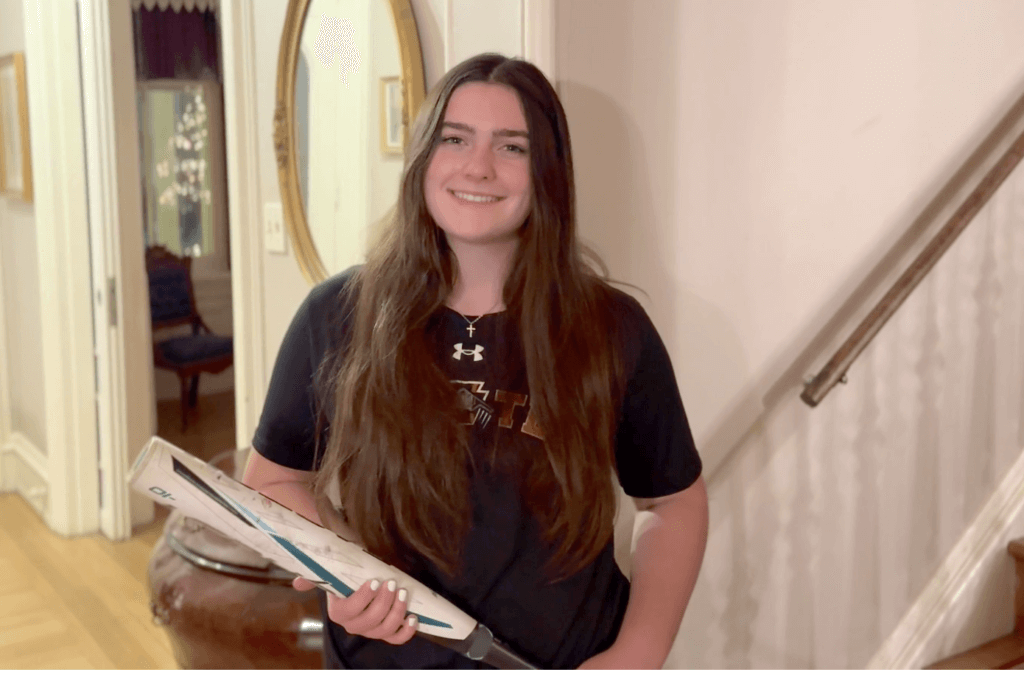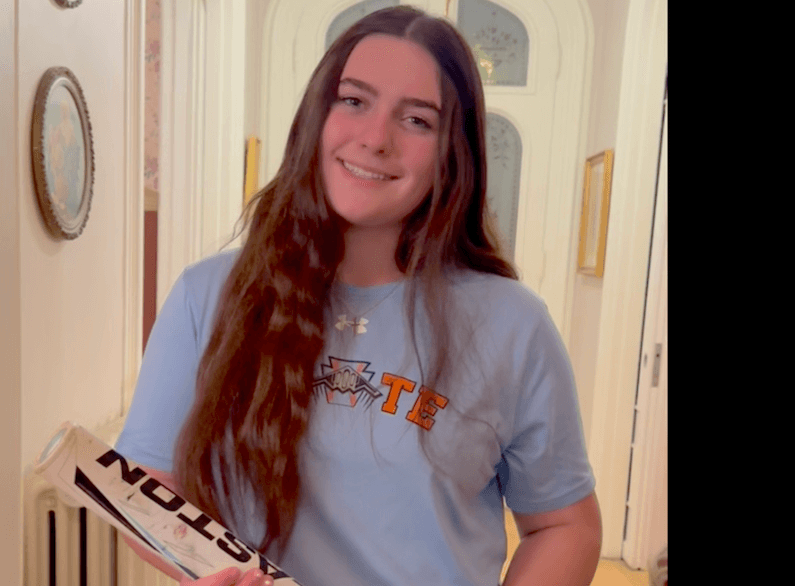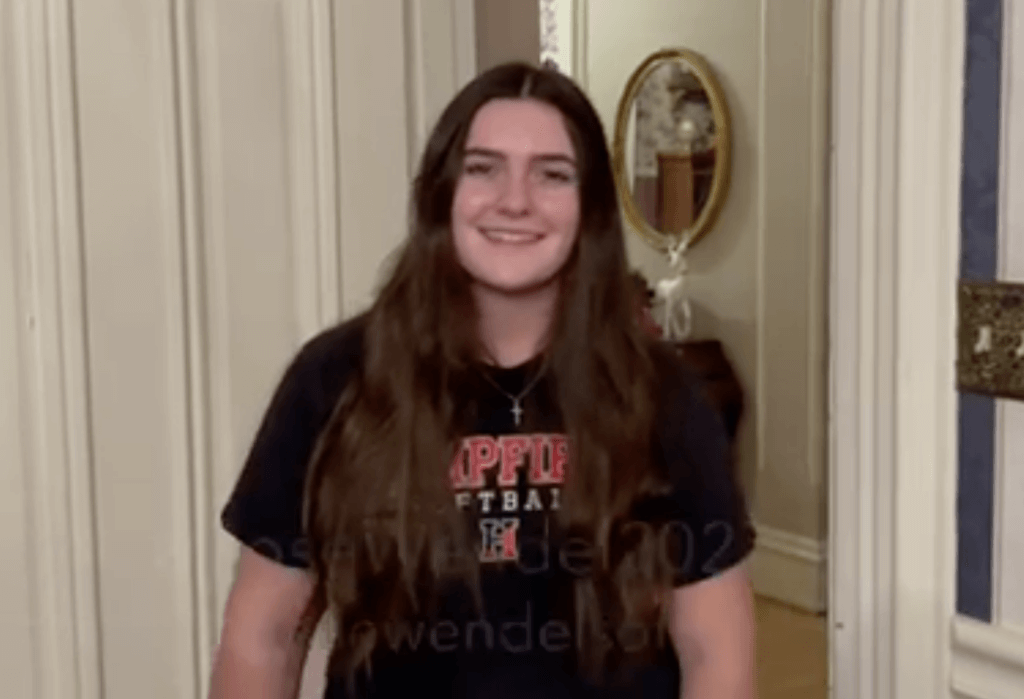Some days, Chris Foye puts on a Fairleigh Dickinson polo and heads out to the softball field. On other days, his uniform is more distinct: It consists of a helmet, air pack, and turnout gear. In addition to being a softball coach, Foye is also a full-time firefighter.
The Knights’ head coach just finished his third season at the helm of the program and has spent more than a dozen years coaching at the collegiate level since 1997, continually since 2011. His firefighting career spans more than a decade and a half.
“I was teaching when I first started coaching at a small D3 school [in 1997],” Foye said. “I stopped coaching when I got the job at the fire department because my thought was, ‘I don’t know how I’m going to do both.’ But once I got comfortable here, I made a call to Ray Vander May, who is my pitching coach now but was head coach at Seton Hall then, and I got to be a volunteer coach there for him. He was doing me a favor at the time, but I was able to catch on at different places after that and work my way up the ladder. I just love to coach, I love softball. To get to do both of these jobs is amazing.”
Balancing his dual careers is no small task, though Foye has become something of a veteran at it. “I’ll work a shift, have a few days off in between, and then I’ll go back and work another shift,” he said. “In the spring when we have games, if there’s a conflict, that is when I will take vacation days or comp time, or I might be able to switch a day with a guy. I’m lucky to have great assistants who can run a practice if there is an emergency and I can’t be there, but my goal has always been to build the program and keep winning games, and we’ve gotten better over time, so I like to think the combination is working out pretty well.”
During the coronavirus pandemic, Foye’s job description has taken on new levels. As one of just a few dozen firefighters at a firehouse in New Jersey, he is a first responder in a region that has widely been seen as the epicenter of the pandemic’s effects stateside.
“One thing that we’re doing differently is that, if someone calls and there’s not an actual fire, we try to gather information and talk to them over the phone,” Foye noted. “When there are non-emergencies, maybe we can find out exactly what the issues are and talk them through it instead of going to their house. When we do go to a house our deputy chief will go up to the door, get them to come outside and ask if anybody in the house is or has been sick at some point. If we do go inside, we have to go in with full PPE and on air [tanks]. Anytime we go inside a house or building, we’re basically treating it like Covid-19 is present, at least as far as the precautions that we take.”
“We do this for every scenario, if we’re going to check conditions because somebody called and said they smelled gas or burned something on the stove, for instance,” Foye added. “Even if it’s not a fire, we’re masking up as if we’re going to a fire, just to keep us safe to make sure we’re not breathing in anything in the air, just in case.”
Even as he battles fires and serves as a first responder in the time of COVID-19, Foye still has coaching responsibilities to handle. Budget cuts are looming for many athletic programs nationwide, and Fairleigh Dickinson is no exception. “We have talked about scenarios where the possibility may exist of us not being able to make some trips that we had planned on,” Foye said. At this point in time, we don’t know exactly what the schedule will look like in general next year, but whatever happens, we’ll work with it.”
Being a first responder comes with a set of known risks, but Foye says that one of his biggest worries about the novel coronavirus is the unknown: “You kind of become accustomed to certain things, being a first responder,” he said. “But now it’s a different fear. I always thought, if you’re going into a fire, then there are a bunch of firefighters who can back you up. But this is a different situation because it’s a virus. In a fire, there are always going to be some unknown variables but you can combat that because of your training and the support system around you. With this virus, you don’t know what to expect, what’s going to happen, or how you will be affected so we take every precaution we can. It’s a totally different scenario.”
As many Americans work from home and some states only begin to reopen, Foye will take off his coaching hat and go back to the firehouse for his next shift, ready to continue serving his community.
Check out our other EIS links:
Find us on Instagram ~~~ Find us on Twitter ~~~ Find us on Facebook
EIS Online Store ~~~ Sign up for our Newsletter ~~~ Check out our Team Subscriptions
Check out our latest Podcasts ~~~ Advertise with Us! Check out our Rate Card












